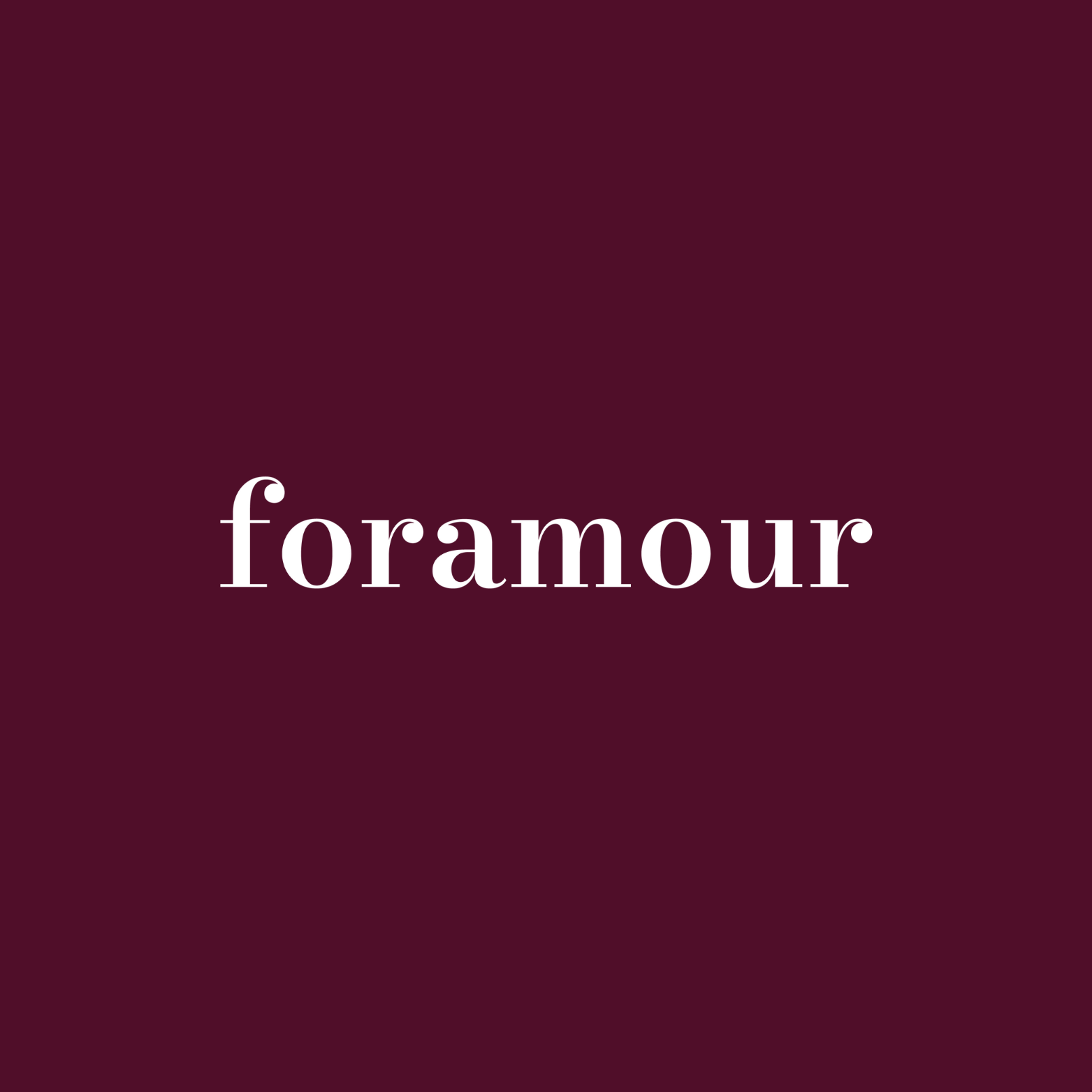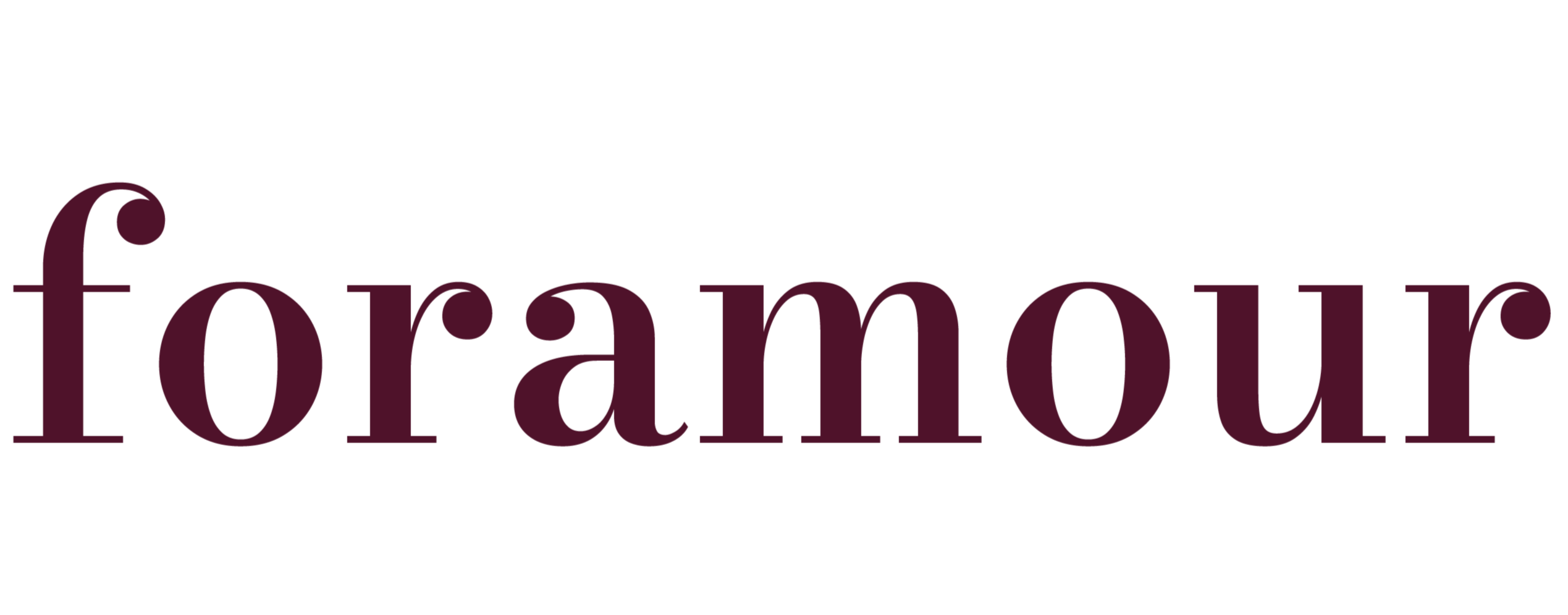
Hypoallergenic Materials Redefine Everyday Accessories
Imagine slipping on a sleek gold bracelet, its gleam catching the light just right. But by evening, your wrist is inflamed, red, and itching a silent betrayal by a piece you thought was perfect. For countless people with sensitive skin, this scenario is all too familiar, and it's sparking a transformation in the jewelry industry. Hypoallergenic materials, from 18k gold PVD coatings to nickel-free alloys, are rewriting the rules, blending style with skin safety. Brands like ForAmour are leading this charge, crafting jewelry that's as kind to your skin as it is captivating to the eye, redefining what luxury means in markets like the USA, Germany, and India.
Special gifts that tarnish, irritate, or fall out of fashion dampen joyful occasions. That disappointment clouds memories meant to endure. Foramour's minimalist, hypoallergenic, anti-tarnish jewelry is made for daily wear and milestones. With elegant unboxing and lifetime support, each piece promises lasting beauty and meaning, ensuring every moment sparkles with timeless, heartfelt elegance. Shop Now!
The Rise of Hypoallergenic Jewelry
The global fashion accessories market is on a meteoric rise, valued at USD 752.1 billion in 2023 and projected to reach USD 1,259.44 billion by 2030, with a robust growth rate of 7.9% annually. Jewelry, holding a commanding 48.4% revenue share in 2023, drives this surge, fueled by its affordability compared to fine jewelry. But today's consumers aren't just chasing sparkle they're prioritizing health. In key regions like North America, which claimed 35.5% of the market's revenue, and emerging markets like India, buyers are rejecting irritants like nickel and brass. Instead, they're turning to skin-safe options like titanium, medical-grade stainless steel, and ForAmour's signature 18k gold PVD coatings.
This shift is more than a passing fad. Up to one in five people grapples with skin sensitivities, from mild redness to severe allergic reactions. ForAmour, a brand rooted in premium gifting and personalization, has seized this opportunity. Their customizable charm bracelets and DIY jewelry designs offer not just style but a promise of comfort a critical selling point for gift-givers who want to avoid the risk of allergic flare-ups. By blending health-conscious materials with elegant, gift-ready packaging, they're carving a niche in a crowded market.
A Wellness-Driven Design Revolution
The push for hypoallergenic jewelry dovetails with a broader trend toward wellness-focused consumption. In North America, where women led the market with a 52.5% revenue share in 2023, shoppers are scrutinizing materials with unprecedented rigor. Gold PVD coatings, which deliver gold's brilliance without the irritation, are a cornerstone of ForAmour's collections. Paired with durable, nickel-free metals, these innovations are redefining “premium” in a way that prioritizes both aesthetics and well-being.
Social media platforms like Instagram and LinkedIn, where ForAmour actively engages, are amplifying this movement. Influencers tout hypoallergenic pieces as essentials for sensitive skin, transforming labels like “nickel-free” and “dermatologist-tested” into symbols of trust. On platforms like Etsy and Amazon Handmade, filters for hypoallergenic jewelry are boosting visibility, proving that consumers crave options that marry health with style. This demand is particularly strong among women, who are driving innovation in the sector with their preference for safe, stylish accessories.
Navigating Challenges in the Hypoallergenic Market
Despite its promise, the hypoallergenic jewelry space faces hurdles. Consumer skepticism looms large, with many wary of brands that slap “hypoallergenic” on products without rigorous testing a form of greenwashing that erodes trust. ForAmour tackles this head-on with transparent messaging about their materials, like 18k gold PVD and nickel-free alloys, backed by a one-year warranty. Yet, educating consumers remains a challenge. Terms like “vermeil” versus “plated” can confuse buyers, who may not fully understand what makes a piece truly skin-safe.
Cost is another barrier. High-quality materials like titanium or medical-grade stainless steel often come with a higher price tag, which can deter budget-conscious shoppers. Still, as market research highlights, fashion jewelry's affordability compared to fine jewelry remains a key growth driver. ForAmour strikes a balance by offering accessible luxury think customizable charms and elegant packaging that feel indulgent without being exorbitant. The trickier challenge is design flexibility. Intricate styles can sometimes compromise material safety, but brands are innovating to ensure both durability and flair.
Seizing Opportunities in Gifting and Beyond
The hypoallergenic trend is a goldmine for brands willing to innovate. By making skin safety a standard, not a niche, ForAmour reduces hesitation in the gifting market. A necklace that's safe for all skin types eliminates the worry of an allergic reaction, making it a foolproof gift. Their focus on personalized, DIY jewelry like charm bracelets you can tailor taps into the desire for meaningful, unique presents. This resonates deeply in markets like India, where gifting is a cultural cornerstone, and in Germany and the USA, where quality and individuality reign supreme.
Online retail offers another avenue for growth. E-commerce platforms are increasingly adopting “hypoallergenic” filters, boosting discoverability and sales. ForAmour's presence on LinkedIn, engaging professionals like those in their customer network, underscores their appeal to a discerning audience. Their messaging “made to last” and “as noble as gold” builds trust, positioning their jewelry as both a fashion statement and a health-conscious choice. By aligning with these trends, ForAmour is poised to capture a loyal following in a competitive market.
A Market Poised for Growth
The jewelry industry's future hinges on health-driven innovation. Experts predict that sustainable, skin-safe alloys and AI-driven personalization will push the boundaries, creating jewelry that's not just safe but uniquely tailored. ForAmour's strength lies in its ability to merge premium design with practical benefits, like durable materials and gift-ready packaging, which resonate in quality-conscious markets like Germany and the USA. Their customizable collections, from charm necklaces to DIY designs, cater to the growing demand for personalized, meaningful accessories.
Research underscores this potential. The hypoallergenic materials market is gaining traction, with tailored analyses highlighting strong demand in specific regions and segments. This aligns with ForAmour's focus on key markets like India, where customization and gifting are cultural staples, and North America, where health-conscious consumers dominate. By prioritizing transparency and innovation, brands like ForAmour can lead the charge in a market that's increasingly health-driven.
A New Era for Jewelry
The jewelry industry is at a turning point. Hypoallergenic materials aren't just a trend they're the new standard, driven by consumers who refuse to compromise on health or style. ForAmour's hypoallergenic, customizable collections are proof that jewelry can be both beautiful and benevolent. With a one-year warranty, skin-safe materials, and a focus on gifting, they're building a loyal following in markets where trust and quality matter most. As you hunt for the next perfect gift or a treat for yourself, consider this: a piece that shines without causing a sting isn't just jewelry it's the future.
Frequently Asked Questions
What makes jewelry hypoallergenic and safe for sensitive skin?
Hypoallergenic jewelry is made from materials that are less likely to cause allergic reactions, such as 18k gold PVD coatings, medical-grade stainless steel, titanium, and nickel-free alloys. These materials avoid common irritants like nickel and brass that can cause redness, itching, and inflammation. Look for brands that offer transparent material information and warranties to ensure you're getting truly skin-safe jewelry.
Why is hypoallergenic jewelry becoming more popular in the fashion accessories market?
With up to one in five people experiencing skin sensitivities, consumers are prioritizing health alongside style in their jewelry choices. The global fashion accessories market, valued at $752.1 billion in 2023, is seeing increased demand for hypoallergenic options as buyers become more health-conscious. Social media platforms and e-commerce sites are also boosting visibility with hypoallergenic filters, making these safer options easier to find and purchase.
Is hypoallergenic jewelry more expensive than regular fashion jewelry?
While high-quality hypoallergenic materials like titanium and medical-grade stainless steel can have higher upfront costs, many brands are making skin-safe jewelry accessible and affordable. The key is that hypoallergenic jewelry often offers better value through durability and the peace of mind that comes with avoiding allergic reactions. Many hypoallergenic pieces also come with warranties, making them a smart investment for those with sensitive skin or when purchasing gifts.
Disclaimer: The above helpful resources content contains personal opinions and experiences. The information provided is for general knowledge and does not constitute professional advice.
You may also be interested in: Kshama's Favourite – foramour
Special gifts that tarnish, irritate, or fall out of fashion dampen joyful occasions. That disappointment clouds memories meant to endure. Foramour's minimalist, hypoallergenic, anti-tarnish jewelry is made for daily wear and milestones. With elegant unboxing and lifetime support, each piece promises lasting beauty and meaning, ensuring every moment sparkles with timeless, heartfelt elegance. Shop Now!
Powered by flareAI.co
Share


